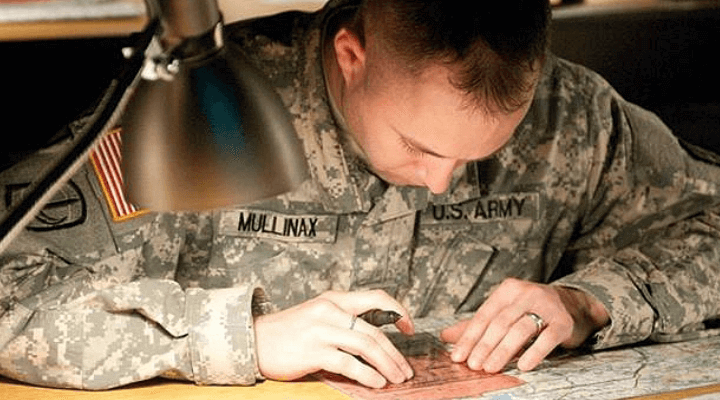If this legislation passes both the House and Senate and President Trump signs it into law, this would be one of the biggest changes to the GI Bill since the creation of the Post 9/11 GI Bill in 2008.
House Veteran’s Affairs Committee Chairman Rep. Phil Roe (R-Tenn.) introduced the bill that was quickly bolstered by my friend and fellow retired Command Sergeant Major from the great state of Minnesota Tim Walz (D-Minn.). If approved, it would make four major changes to the existing New GI Bill.
The four biggest changes
While the bill has several smaller proposed changes in it, these four will have the biggest impact on veterans:
- Delimitation date removal
- Restoration of entitlement
- Eligibility for Purple Heart recipients
- Credit for involuntary mobilization
Delimitation Date Removal
One limitation of the Post 9/11 GI Bill is its “delimitation date”. Under current law, its education benefits expire 15 years from the date of discharge. Since the inception of the New GI Bill, many in the military and veteran communities have felt this limitation was wrong and should be removed.
Passing this legislation would do just that for troops becoming eligible for the GI Bill after January 1, 2018. Removing the 15-year limit would allow them the option to go to school later in life.
“For the first time in the history of the GI Bill,” said Rep. Phil Roe (R-Tenn.), chairman of the House Veterans Affairs Committee, “future beneficiaries will be able to carry these benefits with them throughout their lives.”
Restoration of entitlement
During past couple of years, several different large for-profit school organizations, such as ITT Technical and Corinthian College shut their doors – many mid-term without any warning. Because of these closures, thousands of veterans that had expended their GI Bill entitlement to attend these school, but were left with nothing to show for it once the schools closed. For many, their credits were not transferrable to other schools.
And to make things worse, Veterans Affairs had no recourse by law to restore lost entitlement. Under this bill, lost entitlement would be retroactively restored on a prorated basis back as far as January 1, 2015. This would then give them back lost entitlement so they could use their GI Bill at a different school.
Eligibility for Purple Heart Recipients
One of the eligibility requirements for veterans discharged due to a service-connected disability is they must have served for at least 30 consecutive days (and training time does not count). Some Purple Heart recipients do not meet that minimum eligibility requirement and hence are not eligible for the GI Bill education entitlement. The Forever GI Bill corrects this wrong and would affect about 700 Purple Heart Recipients per year.
Credit for Involuntary Mobilization
In a move by the DOD to save money, it mobilized thousands of Reservists and National Guard troops under an order number whereby their mobilized service time did not apply toward Post 9/11 GI Bill eligibility. Under this bill, credit for mobilized time would apply toward their Post 9/11 GI Bill eligibility.
H.R. 3218 is the largest GI Bill expansion bill in almost ten years. The Senate is currently working on their version of this bill. Because the Forever GI Bill has bi-partisan support, it is expected to easily pass both the House and Senate and signed into law by the President sometime in September. H.R. 3218 has already been unanimously approved by the House Committee and has been sent to the House floor.
House Veteran Affairs Committee Member Congressman Sablan (Ind. – MP) said “This revised Post-9/11 GI Bill is going to get more veterans into college. And we will all benefit from that investment in the long run.”




